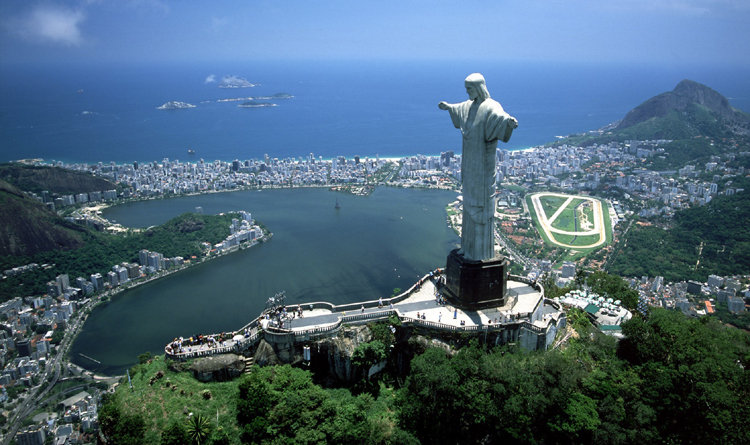A project that would legalize gaming in Brazil is the purpose for the first meeting of the Special Committee on National Development in the Brazilian Senate.
The revision of a bill presented by Senator Ciro Nogueira in 2014 will be the focus of the committee’s discussions. This week’s proposed legislation includes casinos, slots parlors, bingo halls, and outlawed by federal law since 1946, the lottery-type drawing called “Jogo do Bicho” or “Animal Game.” The language of the legislation defines the types of gaming that would be legal in Brazil, sets the criteria for the manner in which gaming licenses would be granted, prize distribution and future taxing. While Senator Blairo Maggi has made a number of changes to the bill, its fundamental principles remain the same.
The role of the state would be limited to creating the legislative framework by which casinos could legally operate, in addition to the monitoring and supervision of gambling in Brazil. Also included in the legislation is a proposal for the decriminalization of Jogo do Bicho.
The initiative is “is appropriate in order to regulate gambling in the country” said Senator Blairo Maggi (PR-MT), as gambling is illegal in Brazil, but is still takes place in the country. The Senator also said that revenue from illegal gambling encourages corruption and is used to bribe government officials by the criminal sector, according to G3 Newswire.
Per the new legislation, the animal game and bingos would be allowed by each state, the central government would regulate casino rooms. The former would also have the responsibility of license authorization regulation in their respective territories. Casino licenses would be granted for a 20 year period and would be renewable for the same period of time. Gross revenues from gaming operations would be subject to a seven percent tax in the states where they’re located, while a three percent tax on gaming revenues would be levied on municipalities. The legislation’s inclusion, part of a business-friendly agenda, “Brazil Agenda,” intended to boost economic growth in Brazil and help overcome the major political crisis being experienced by the country, bodes well for the bill’s passing due to its ability to generate billions in additional revenue.
The new talks come during a time when discussions regarding the legislation were already in progress via a special public hearing. Those talks were convened so that proposals surrounding Brazil’s legalization of gambling could be discussed. Proponents of the bill, including those in the tourist industry, have publicly expressed their support of the legislation.



